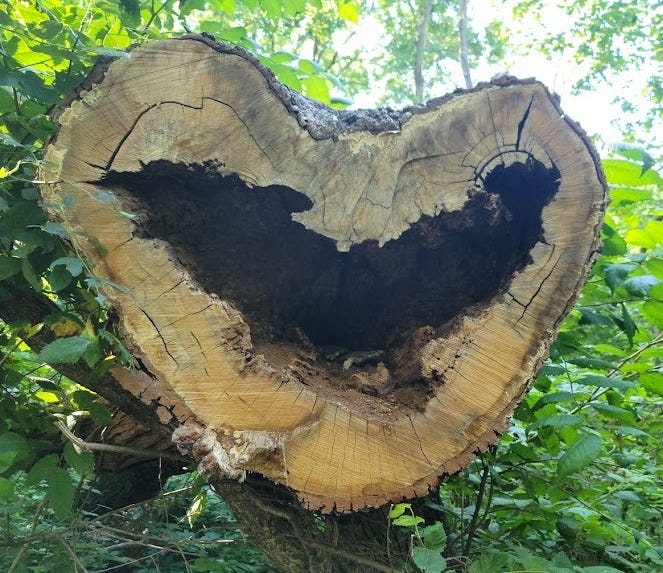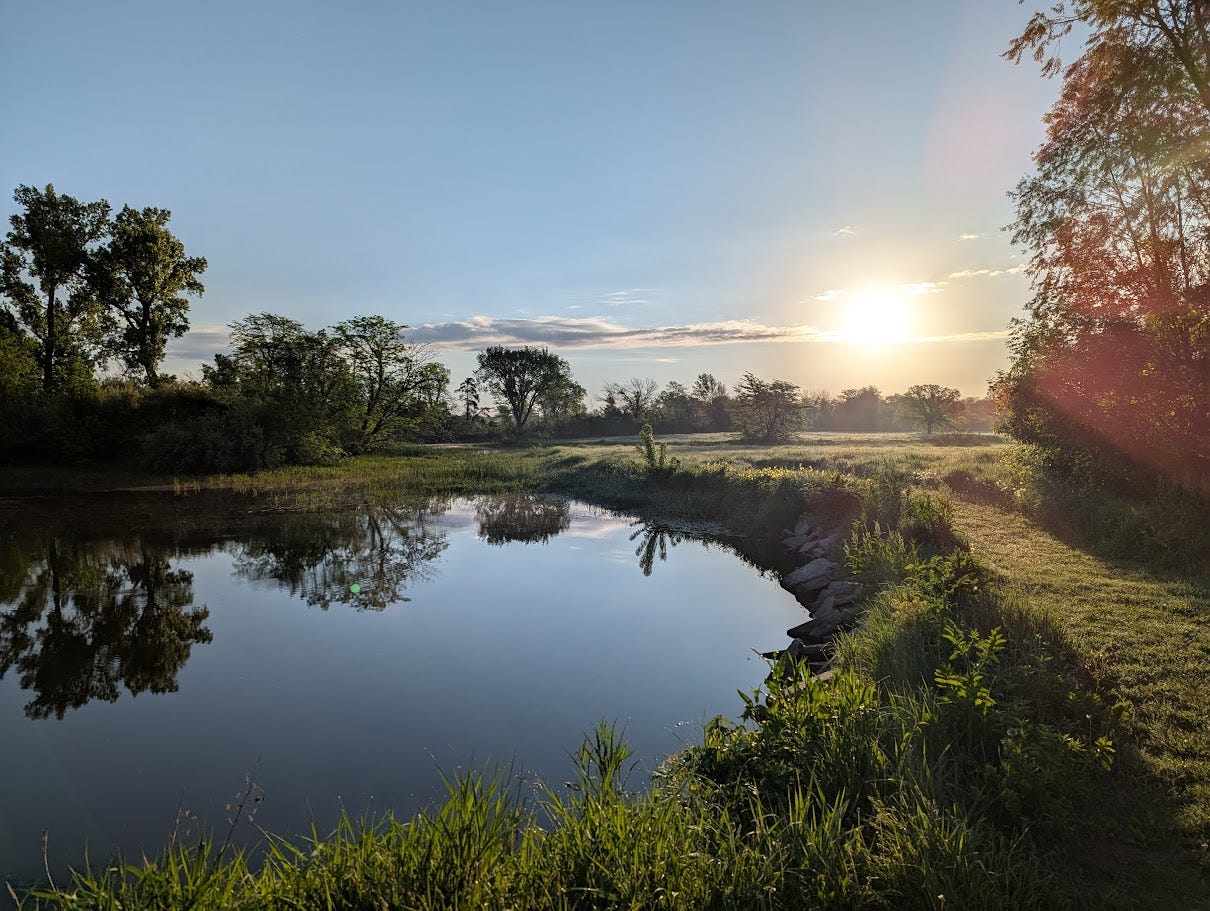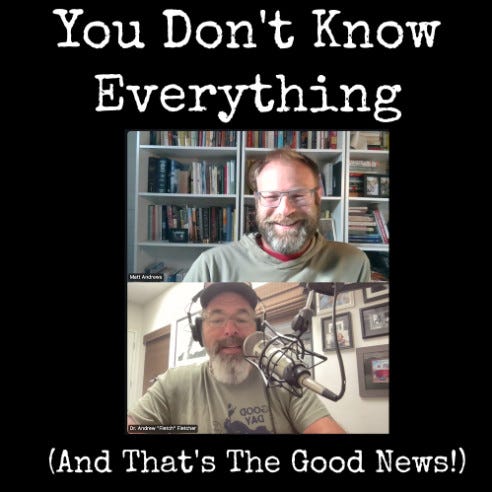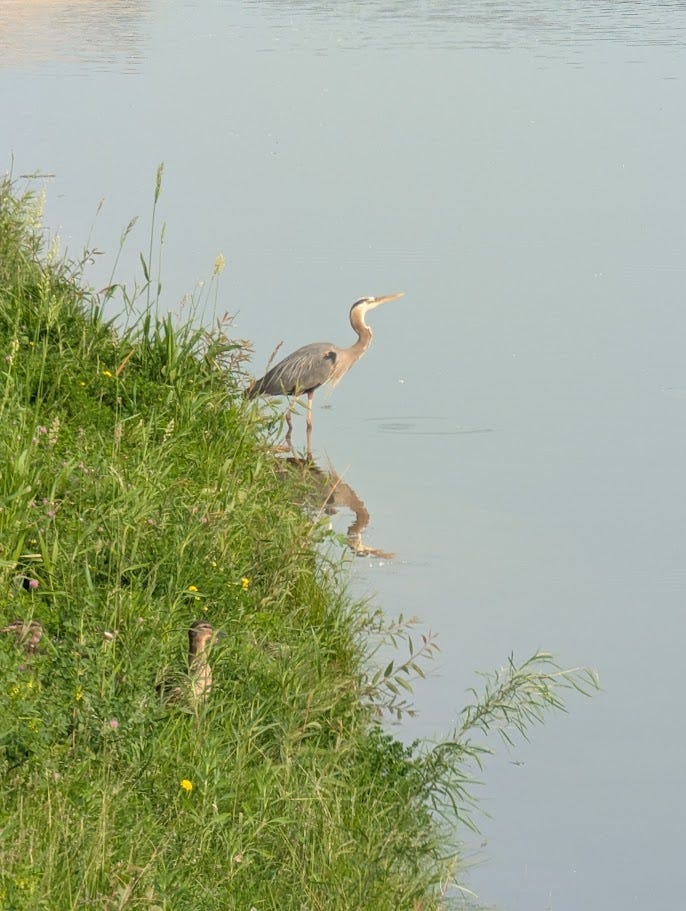Musings
Over the past few years, I’ve become an avid reader of books about technology and its impact on the human mind. I never intentionally set out on this path, but that’s how it goes sometimes; you find something that engages you, so you put your nose to the dirt and sniff out more of it. In retrospect, I can see a growing concern with the ubiquitous interconnectedness of modern life and its impact on every iteration of me: employee, writer, father, husband, friend, and citizen. This concern has certainly intensified as my children have become old enough to complain about wanting to be on Snapchat.
These books run the gamut from insightful works of philosophy to inflated listicles, but Jenny Odell’s How to Do Nothing: Resisting the Attention Economy is certainly in the former camp. Odell’s book goes in some interesting directions; it has an anticapitalism component, as you might surmise from the “Attention Economy” part of the title, but it’s her perspective on “Resisting” that I find the most interesting. Whereas other authors might talk about deleting your social media profiles or breaking up with your smartphone, Odell encourages us to go outside, to explore, to ground yourself in a true sense of place. The term Odell uses is bioregionalism, which she defines as “an awareness not only of the many life-forms of each place, but how they are interrelated, including with humans.”
I know this sounds pretty basic (hasn’t every parent, at one time, told their child to turn off the TV/computer/Xbox/Instagram and go outside?), but I appreciate Odell’s focus on how essential this is to our innate sense of what it means to be human, and how something feels amiss when it’s been taken away. Odell again:
It’s pretty intuitive that truly understanding something requires attention to its context. What I want to emphasize here is that the way this process happened for me with birds was spatial and temporal; the relationships and processes I observed were things adjacent in space and time. For me, a sensing being, things like habitat and season helped me make sense of the species I saw, why I was seeing them, what they were doing and why. Surprisingly, it was this experience, and not a study on how Facebook makes us depressed, that helped me put my finger on what bothers me so much about my experience of social media. The information I encounter there lacks context, both spatially and temporally.
She is, of course, completely correct. Our sense of being disembodied stirs up something instinctual, something almost primal, within us. We feel anxious, bored, depressed, and lost because we are being meant to experience things in the context of space and time.
As I read How to Do Nothing, I felt Odell putting words to something within me that I hadn’t been able to name. When I moved to Iowa three years ago, I began walking far more than I ever did in California, and with that came a slow understanding of and appreciation for this entirely new biological community. I found a great sense of comfort and peace as I leaned into the ebbs and flow of each season, the plants that grow and then wither, the birds that sing one month and leave another. Becoming familiar with the landscape, even as it changed, was a source of stability in my own period of transition. It’s been a much better use of my time than doomscrolling.
None of this is ground-breaking. It’s all so very ordinary, but that’s sort of the point. We were never meant to be everywhere all of the time; we were meant to be here, in the place where we stand. Take a look around and get to know the place!
Curation
· The gold standard for “getting to know a place” books is Pilgrim at Tinker Creek by Anne Dilliard, which somehow manages to be granularly focused and unfathomably ambitious at the same time. But there are certainly others of this genre I would recommend: Rivers of Birds, Forests of Tule by Lillian Vallee is a wide-ranging look at the Central Valley of California (my place of origin), and Windswept by Annie Worsley tracks a year in the Scottish Highlands (which I will be visiting this September!).
· When it comes to books broadly about technology and its impact on our brains, here are a few that stand out: Digital Minimalism by Cal Newport; The Siren’s Call by Christopher Hayes; The Anxious Generation by Jonathon Haidt; Restless Devices by Felicia Wu Song; Reclaiming Conversation by Sherry Turkle; and Digital Liturgies by Samuel James.
· Uhlmann Johnson Wilkes: I’m not cultured enough to be someone who listens to a lot of instrumental music, but I stumbled upon this album (a collaboration between Gregory Uhlmann, Josh Johnson, and Sam Wilkes), and I have found it to be delightful: low-key in its ambiance but intriguing enough to keep me engaged.
· Thunderbolts*: I know that recent MCU movies have been seen as a collection of missteps, but this is one of the better ones. It’s everything a Marvel movie should be: fast-paced, packed with humor, and focused on the characters.
Happenings
· Of course, I have to start by mentioning that we’re approaching three months since The Hours, my poetry collection, was released. If you don’t have a copy, please consider ordering yours today. If you’ve read it, give it a rating or review on Amazon or Goodreads.
· Speaking of The Hours, the first formal review of the book appeared last month over The North American Anglican. I appreciated the way they engaged with the work, even if they tended to view it a few shades darker than I do. A good excerpt: “It forces us to question whether our own faith faces up to the depth of suffering in our broken world, as well as the reality of our sinfulness, to ask ourselves, have I really sat with this pain, or have I hidden my eyes? In this goal it succeeds viscerally.”
· I also got to have in-depth conversations about the book with some great people: Danielle Page over at The Clayjar Review and Terry J. Stokes at Earth & Altar. Both of these interviews cover the scope of the book, its formation, and some of the specific poems within it. Many thanks to both of them for spending some time with me and my work!
· My latest edition of In the Image, my column on faith and the arts, went up a few weeks ago, and, naturally, it’s about quantum mechanics, Job, and Sebastian Junger’s near death experience.
· My friend Andy Fletcher was kind enough to have me on his podcast, theMangoTimes Podcast, to talk about “the art of not knowing everything.” We had a fun and wide-ranging conversation about mysticism, doubt, and humility bells. Give it a listen!
· Lastly, the bird total is up to a whopping 124! This is way higher than I thought we would get for the whole year. It’s ridiculous how many birds there are in the world.










